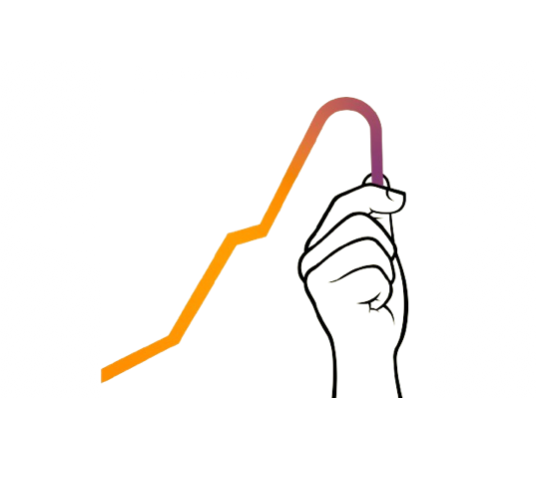The debate around plastic is never ending, as it is the biggest source of deathly danger for the world. The handling of Plastic Waste in our country is going down by the minute and thus, on this March 11th, 2021, the Union Ministry of Environment, Forests and Climate Change (MoEFCC) issued the drafting of Plastic Waste Management Rules to reduce the usage of single-use plastics and encouragement of other forms of recycling waste.
The amendment requests these to be followed by all businesses and all plastic waste processors. It also encourages them to ban the manufacture, use, sale, import and handling of some single-use plastic items on a ‘pan India basis. The rules also stand with the use and multi-layered packaging system that have now been highly discouraged y e-commerce and delivery services and only to be exempted for imported and exported goods.
This draft is proposed to be implemented by starting of this year stretching to mid-2022, with the advent of the same in three particular stages: The first set of rules propose that every sheet of non-woven plastic carry bag shall not be but 60 (GSM per square metre) or 240 microns in thickness. A carry bag made from virgin or recycled plastic shall not be less than but 120 microns, with effect from an equivalent date. The second stage will inherit effect when six classifications of single-use plastic — earbuds with plastic sticks, plastic sticks for balloons, plastic flags, candy sticks, ice-cream sticks, polystyrene (thermocol) for adornment — are going to be banned for purchasable , use, manufacture, stocking, import and distribution. In the third stage, the list of banned items will grow to incorporate single-use plastic plates, cups, glasses, cutlery like forks, spoons, knives, straw, trays, wrapping/packing films around sweet boxes; invitation cards; cigarette packets, plastic/PVC banners but 100 micron and stirrers.
The amendment has also made sure to include new era of definitions for a few plastic items so that a new narrative can be started to increase awareness about the plastic dangers and the long term harm it can cause to Earth if not taken seriously. These include non-woven plastic bags, plastic waste processing, thermoset plastic, thermoplastic and SUP (Single-use Plastics) items that create more havoc in all industry settings just like any other public places with surplus of harmful chemicals it creates once disposed incorrectly.
Managing plastic waste requires effective knowledge base and information that not only includes the processors and product manufacturers but also us as citizens. Brand owners, consumers, recyclers, product manufacturers and all other regularity authorities need to be thorough with the data and statistical amount of total plastic waste we generate as a country and then finalize the implementation of the draft. As citizens, it is up to our responsibility that we closely monitor and ensure whatever waste leaves our homes and offices is duly segregated and not contaminated as food waste and disposed in a clean and organized manner.
Lastly, in my perception, these amendments are a good and quick start to raising awareness about the plastic problem in the country with the increase of environmental issues by the day. Once these gets thoroughly implemented, the regulatory authorities can further research on a sustainable outcome to the plastic problem once and for all and find a better alternative like wood, bamboo and steel that can be incorporated in our daily lives which will eventually inculcate a healthier lifestyle for us and our environment in the long run.

